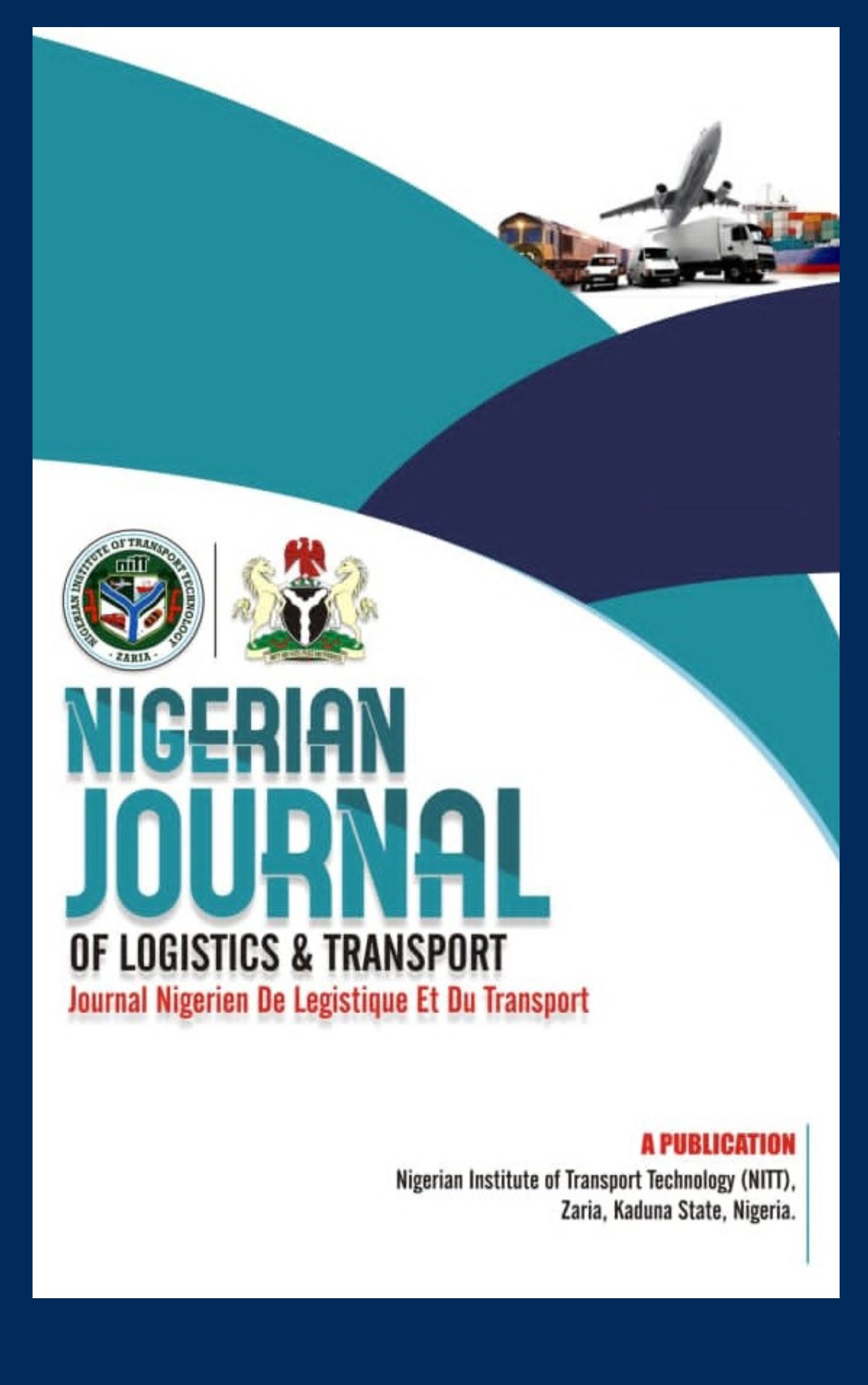Abstract
This study investigated the impacts of Maritime Security Strategies on Crime Prevention in Nigeria Waterways. The objectives of the study were to examine the effects of surveillance, interagency cooperation, whistle blowing and technology social information sharing on crime prevention in Nigeria Waterways. The population of the study include seven agencies which were; Nigerian Maritime Administration and Safety Agency (NIMASA), Nigerian Navy, Nigerian Security and Civil Defence Corps, Marine Police, Merchant Navy vessel crews and Nigeria Port Authority Security. The data were obtained through structure questionnaire containing closed[1]ended questions. Non probabilistic sampling method was employed whereby each member of the group represents the entire group. Descriptive statistics and one sample t test statistical tool was used to analyse the data and it was revealed that surveillance, interagency cooperation, whistle blowing and technology social information sharing have significant impact on crime prevention in Nigeria waterways. The researcher concludes that Maritime Security Strategies have significantly reduced maritime crimes in Nigeria waterways. The researcher recommends that Nigeria along with other neighbouring African countries should form a synergy especially maritime states to promote security programmes through financing, education/training of security personnel, use of modern technology and adequate collaboration with landlocked states to achieve this common goal. The agency should ensure zero tolerance to compromise with the perpetrators but bring every action for litigation.



 National Library of Nigeria
National Library of Nigeria.jpg) Association of Nigerian Authors
Association of Nigerian Authors Nigerian Library Association
Nigerian Library Association EagleScan
EagleScan Crossref
Crossref